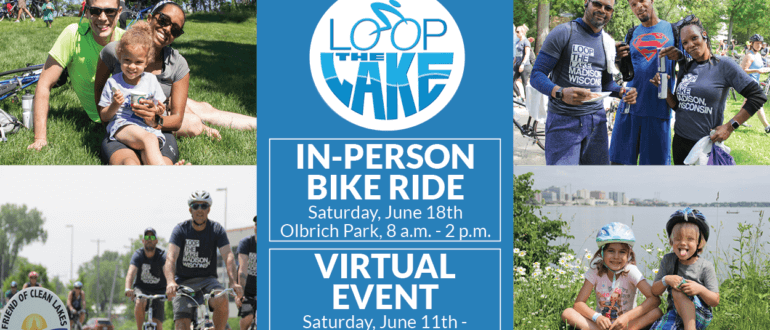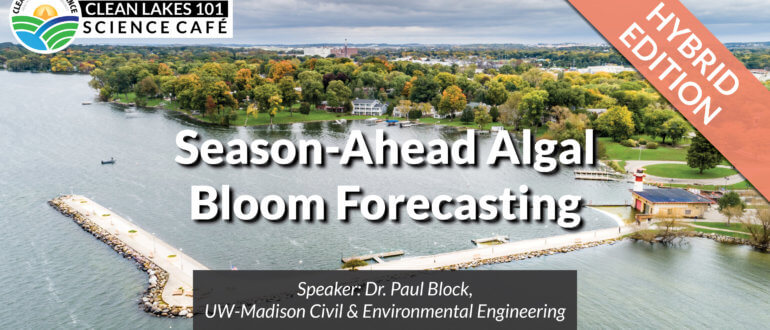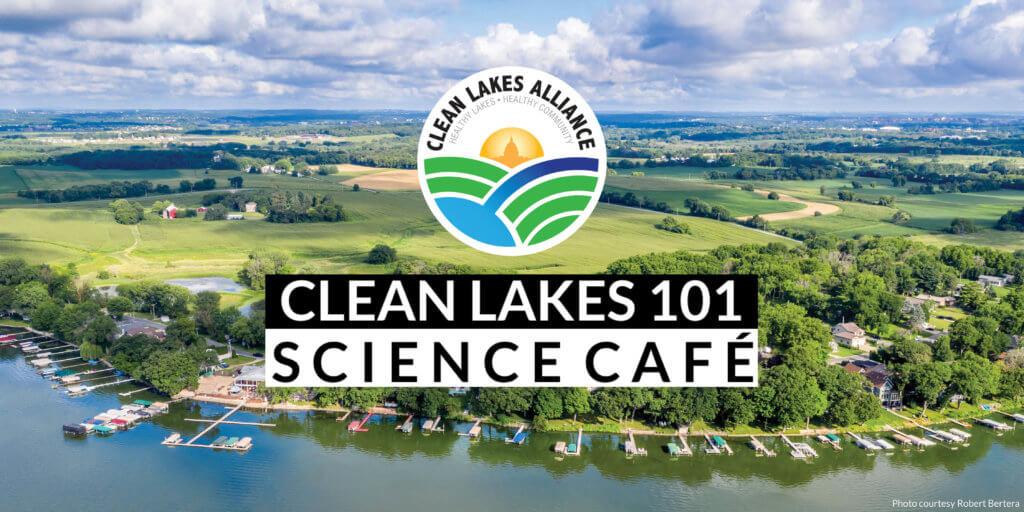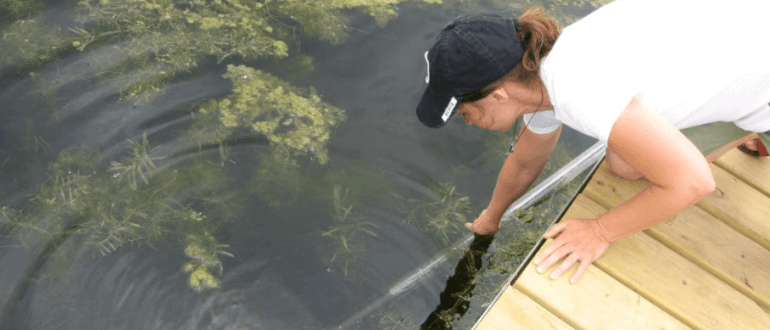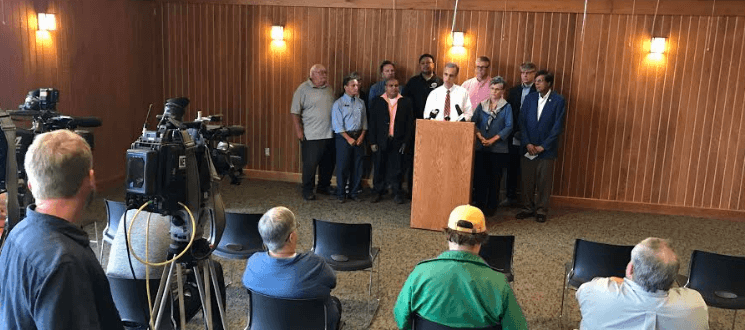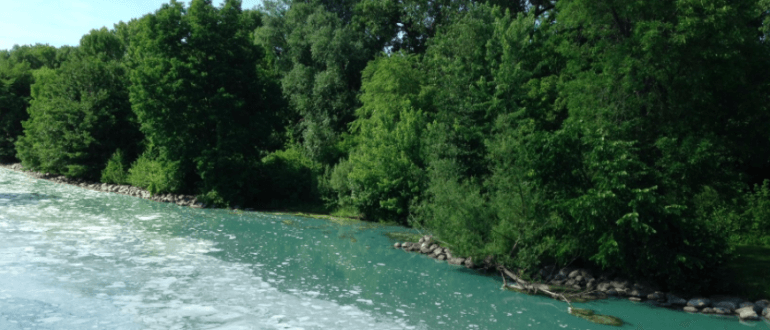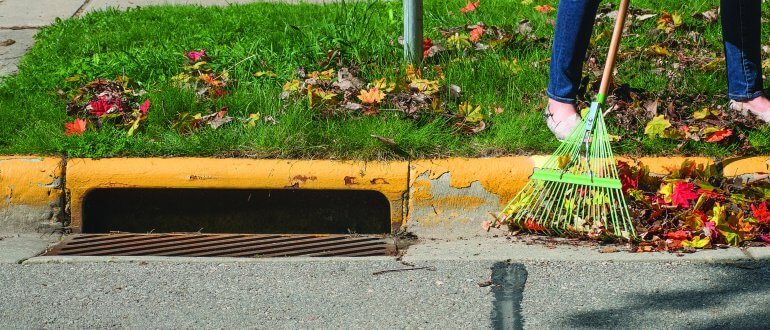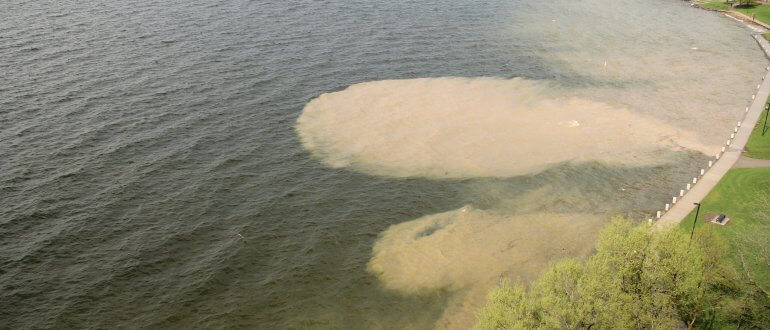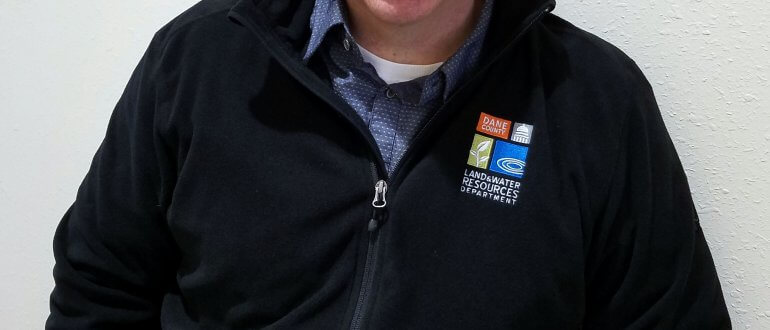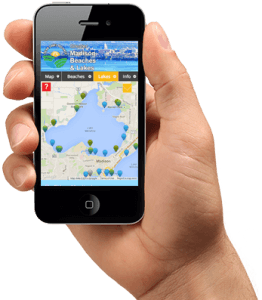June 18, 2022 @ 8:00 am – 2:00 pm
2022 Loop the Lake
Support clean, healthy lakes with Clean Lakes Alliance’s 10th Annual Loop the Lake Bike Ride. Join us in person on the official Monona Lake Loop by starting and ending at Olbrich Park on Saturday, June 18th. Or, choose to ride, walk, run, or paddle virtually, from anywhere Saturday, June 11th – Sunday, June 19th.
Loop the Lake is more than a bike ride – it’s an opportunity for our community to rally around our lakes! All registered participants will receive a super-soft event tee. Event proceeds will support Clean Lakes Alliance’s work to protect and improve our lakes through on-the-ground projects, educational programs, and water quality monitoring.
About the Ride: In-person on Saturday, June 18th
Join us in person on the official Monona Lake Loop by starting and ending at Olbrich Park (3527 Atwood Avenue, Madison) on Saturday, June 18th. The course will be open from 8 a.m. until 2 p.m. so that riders can ride at their own convenience. Riders will travel 12 miles clockwise around Lake Monona.
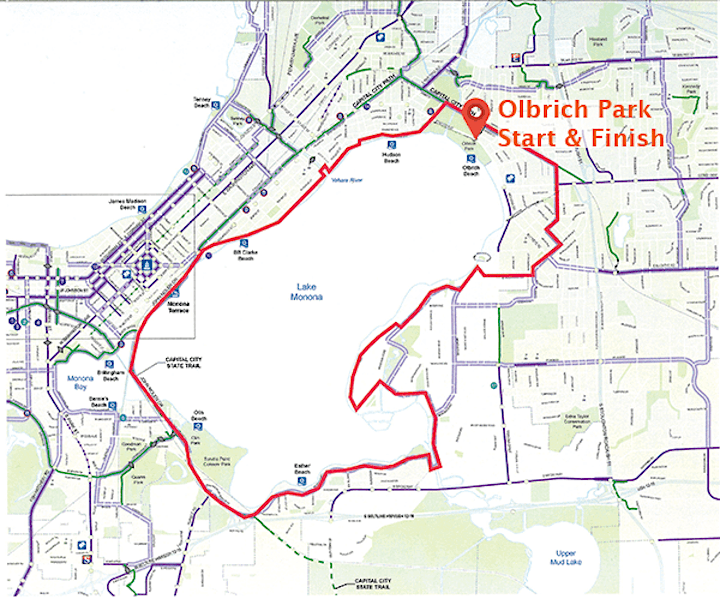
About the Ride: Virtual – choose your own course (Saturday, June 11th – Sunday, June 19th)
Participants may ride, walk, run, paddle, or rollerblade along any route they choose! Share your enthusiasm for our lakes and encourage others to join by sharing photos and videos from your Loop the Lake adventure with the #LooptheLake hashtag!
Want to mimic the original Loop the Lake route? Feel free to head over to Lake Monona and follow the “Lake Loop” bike path clockwise or find a 12-mile loop in your neighborhood! You could also ride around Monona Bay, Lake Wingra, or your favorite lakeshore bike path!
Registration
Registration includes an event t-shirt, courtesy of Lands’ End. Your registration supports critical work by Clean Lakes Alliance to keep our lakes at the top of the community agenda.
Registration: $40 per in-person rider, $50 per virtual rider or in-person rider wishing to have t-shirts mailed. FREE for children 10 & under with purchase of adult registration.
If you would like a shirt size that isn’t listed, please email us at info@cleanlakesalliance.org.
Registrations are transferable but non-refundable. In the event of cancellation, registrations and sponsorships will not be refunded. Thank you for your donation to Clean Lakes Alliance!
T-Shirt Distribution
Please select your t-shirt size by Monday, May 2nd to make sure you receive your t-shirt before the event. T-shirts can be mailed to your home or business if you select the $50 ticket option. Otherwise, you may pick up your t-shirt(s) on Saturday, June 18th at Olbrich Park (3527 Atwood Avenue, Madison) from 8 a.m. until 2 p.m.
Participant Safety
Be safe during the Loop the Lake Bike Ride! Obey all traffic laws, be careful of cars sharing the road, and wear a helmet. Participants should obey all social distancing guidelines.
Terms & Conditions
By registering for Loop the Lake, you agree to our Terms & Conditions.
Sponsorships
If you would like to learn more about sponsorship opportunities, contact our Executive Director James Tye at james@cleanlakesalliance.org or 608-255-1000.
FAQs
What is the refund policy? Registrations are transferable but non-refundable. In the event of cancellation, registrations and sponsorships will not be refunded. Thank you for your donation to Clean Lakes Alliance!
